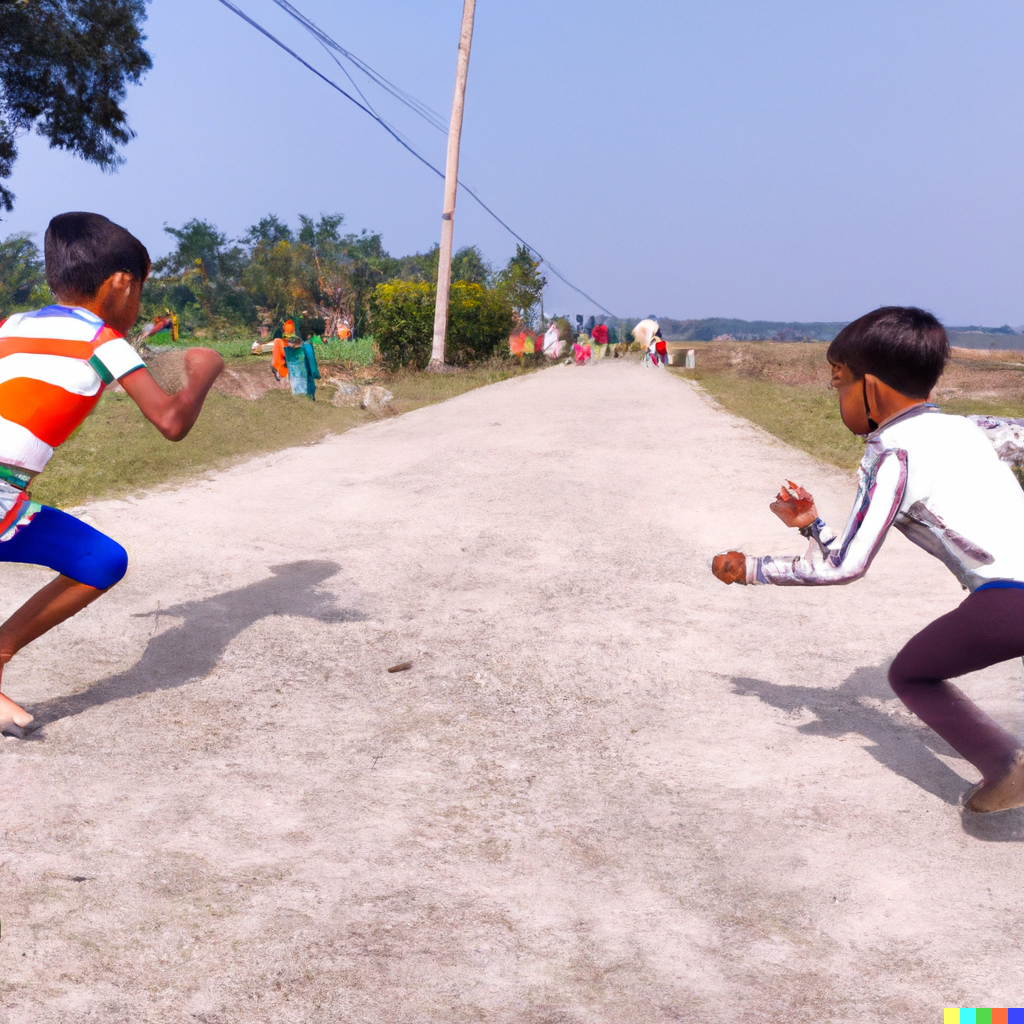
Report Launch: Co-existing and competing with China in Africa – Indian Perspectives in Ghana
The Atlantic Council in collaboration with the Afro-Sino Centre of Internal Relations (ASCIR) and the Institute of Chinese Studies (ICS) is set to launch a joint report on Global China in Africa: Documenting Indian Perspectives from Ghana on December 15, 2022.
Countries in Africa have had a unique place in Indian and Chinese foreign policy matrices as their relations have historical, economic, political, and socio-cultural dimensions. As there are many ‘Indias’ operating on the continent, so is there a fragmented Chinese engagement with Africa.
There is therefore a need to document and study both China and India on the continent as well as understand other powers engaged in the region, especially at a time when they seem to be crafting a ‘new outreach’ for partnerships in Africa.
President Xi Jinping notes that countries in Africa and China are collectively crafting a ‘new type of international relations.’
The report is an output of research carried out by the authors, Veda Vaidyanathan and Arhin Acheampong, on Global China footprint in Ghana from the perspectives of Indian businesses and executives working in the country. Among other things, the report highlights these multifaceted partnerships, intricate interests such as chasing opportunities in Africa by China and India and delves into the nuances of coexistence and competition between China and particularly India in Ghana. In addition, the authors share key takeaways from their findings. Will New Delhi reimagine its engagement in Ghana and the continent broadly, considering the immense geopolitical and economic sway Beijing appears to have cultivated? And how relevant is this question to other partners like the United States?
In a Webinar leading to the launch of the report, the authors presented an overview of China and India in Ghana, highlighted key findings from their quantitative and qualitative data, showed the trends in coexisting and competing with China in Ghana, and finally presented their key takeaways.
The authors conclude their report with a quote by Assistant Professor of political science at Carleton College, Isaac Odoom, “What the pandemic has taught us is that we still live in a global society, a global village, but the norms that govern that global village are undergoing some disruption. The traditional gatekeepers have had control and dominance for a long time. What we are seeing is an emerging disruption of that structure. And China is a key part of that disruption, and China sees Africa as a companion in that enterprise. So, it will do everything to get African support, whether economically or politically. Engagement from China and India and other southern countries is going to rise. However, this rise does not automatically lead to benefit for the Africans. It boils down to how Africans engage their counterparts.”